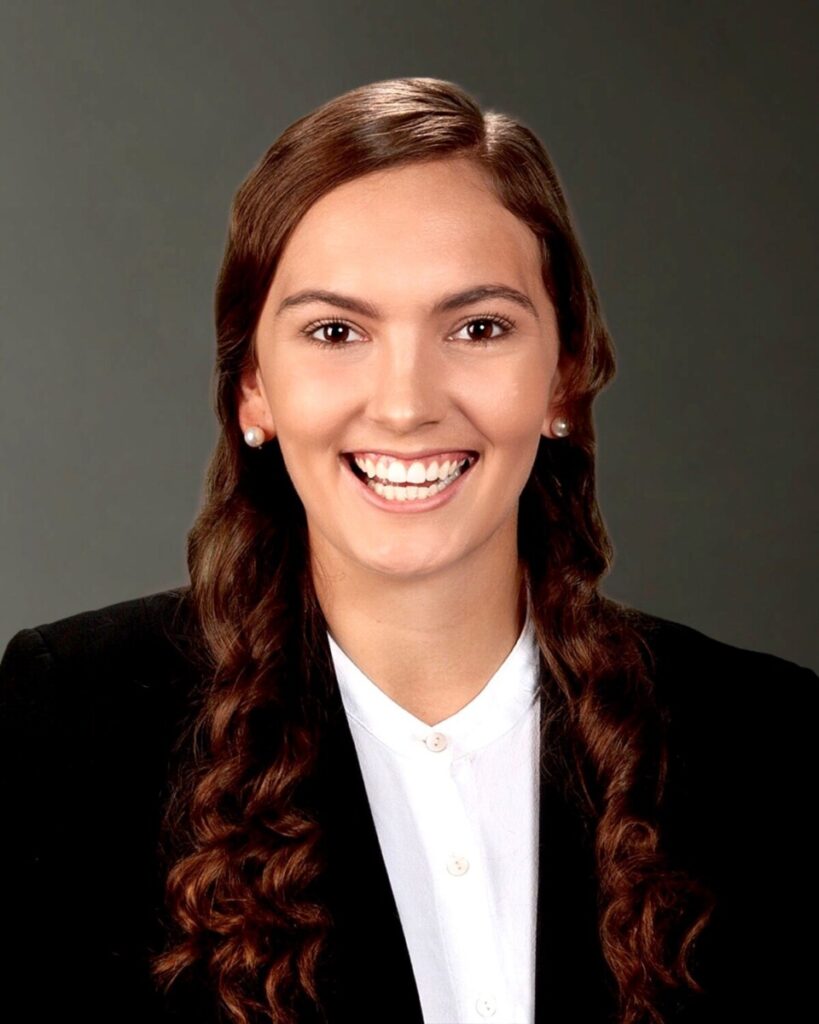Taking the Path Less Traveled (Part 1)
Category : PROspective
In the first of two segments on working in consulting after an epidemiology degree, Haley Adrian discusses the path that led her to a consulting career and how she leveraged her experiences and resources at RSPH to land her a job in a seemingly unrelated field.
Take a Breath and Give Yourself Grace
Reflecting on my journey as an MPH candidate at Emory’s Rollins Schools of Public Health (RSPH), the end of Fall semester can be one of the most stressful and challenging times of the year. First Years have hardly settled into their class schedules, yet are already beginning the search for an Applied Practice Experience. Many Second Years are likely hundreds of code lines deep into their theses and also managing their first round of job applications. Balancing these priorities while uncovering your next steps professionally is no easy feat – So as you navigate these challenges, take a deep breath, utilize your strengths, pursue your passions, and always give yourself grace.
If the Shoe Fits
A Master of Public Health in Epidemiology is no one-size-fits-all degree. You can pursue an array of careers – Field Epidemiologist, Data Analyst, Instructor in Higher Education – the list goes on. However, for me, none of the more traditional epidemiology careers felt like a right fit. I took a hiatus from submitting applications to take a breath and think more deeply about where my strengths and passions lied. The healthcare consulting arena kept emerging at the forefront of my reflections. To uncover exactly what a career in healthcare consulting looked like, I joined the Rollins Consulting Group (RCG) and poked around a few Firms’ websites to learn more. This exercise helped me realize healthcare consulting sat at the intersection of healthcare and business – the perfect merge of my passion for connecting with people and my innate business-oriented mind. Healthcare consulting was the path I was on – however, what firm and what type of consulting was still very much in question.
The Importance of Storytelling
To best prepare myself for the rigorous and competitive consulting application process, the Rollins School of Public Health’s Office of Career Development (RSPH CD) helped me reframe the experiences in my resume and create storytelling in my cover letter. This process took a lot of critical evaluation and even some creativity. Roger Presswood, with RSPH CD, walked me through all of my work and leadership experiences, helping me realize that I actually had experience consulting, but on my resume, it was called “Senior Assignment”. My Undergraduate Senior Assignment team worked with a local senior living community to evaluate their needs and implement a music therapy, physical activity program. In public health, we may call that a “needs assessment” and “program planning and implementation”. However, it is conceptually the same process as consulting – A client “hired” our team to fulfill a need in their organization and we successfully did so by utilizing our field’s best practices. Using this perspective, I simply changed the section title on my resume to “Consulting Experience,” giving consulting recruiters something to gravitate their eyes to.
In addition to revamping my consulting experiences, we also highlighted tangible and intangible skills that are vital in the consulting arena – Project management, leadership, analytics, presentation and writing skills, time management, innovation. I illustrated concrete evidence of these skills throughout my resume and cover letter but also utilized terminology from each respective firm’s web pages and job descriptions. I believe pitching myself in a way that aligned with the firm’s vernacular and culture was a major contributor to landing my first interview.
Transferrable Skills Cannot Be Overstated
Throughout the application and interview process Dixon Hughes Goodman, LLP (DHG) became my target firm – The company culture, the services offered, and team comradery aligned well with what I was wanting out of a job and, more importantly, a career. There was just one concern – The Senior Living team’s services were finance-oriented – Feasibility studies, strategic planning, pricing analyses, and market analysis. Even though I had filled the “consulting” gap on my resume and cover letter, I needed to find a way to dust off the rust on my financial skills that had not been touched since undergrad. Roger’s first suggestion was to enroll in RSPH Health Policy and Management and/or Emory Goizueta School of Business classes – and that I did.
Prior to starting financial classes, I completed two rounds of interviews with DHG. The second interview was in-person with four of their team members, all of which inquired exactly how someone with an MPH in Epidemiology would serve as an asset to the DHG Senior Living team. The simple, technical answer was math – Epidemiology and finance are both foundational in mathematics. If I could learn the ins and outs of complicated concepts like logistic regression and could remember the near-infinite varieties of mortality measures, then surely I could interpret a balance sheet or a statement of cash flows. The more personal answer was that I brought a fresh, unique perspective to the team – yes, I could assist with client-facing work, but I could also use my strong statistical skills to update our existing benchmarking databases by adding new data points and strata.

Haley Adrian, MPH (EPI 2020) is currently a consultant at Dixon Hughes Goodman, LLP. DHG is a top 20 professional services firm, offering expertise in Assurance, Tax, and Advisory across all 50 states and internationally. If any current students or alumni are interested in connecting with Haley regarding professional insights or career opportunities at DHG, please contact her at Haley [dot] Adrian [at] dhg [dot] com.
Featured Image by John Mccann on Unsplash
